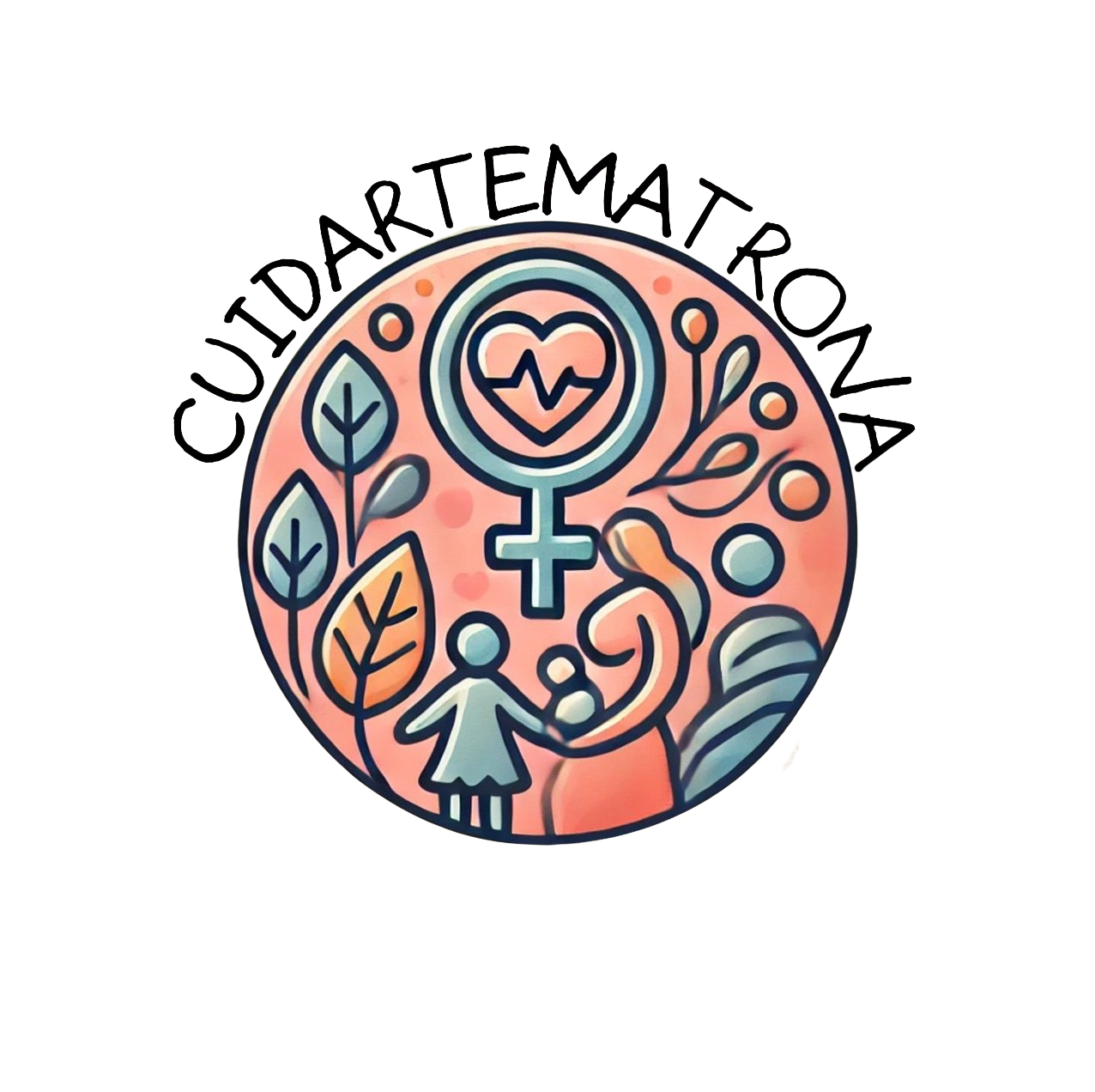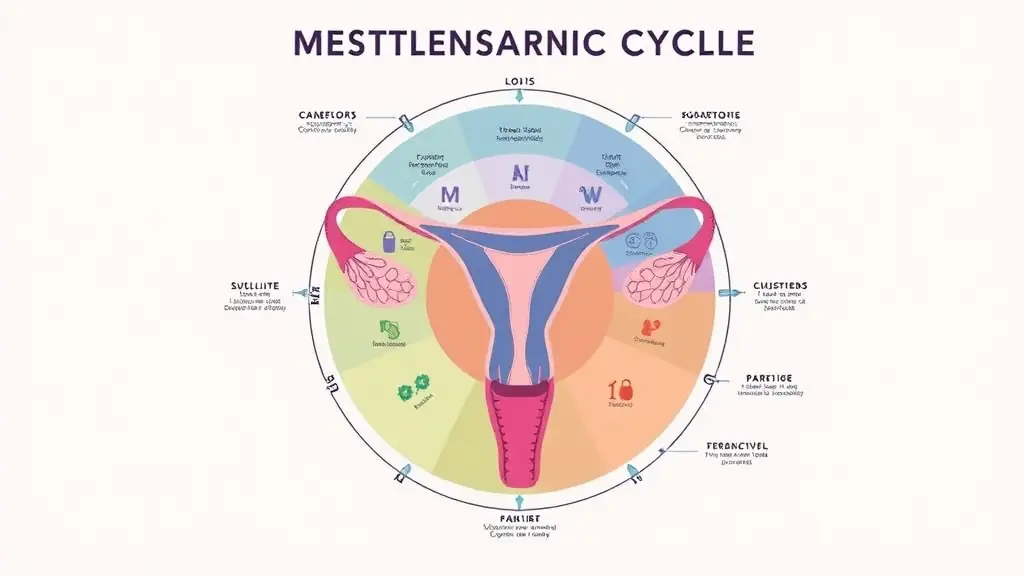The menstrual cycle is a complex process that involves various hormonal changes. Understanding these phases can help individuals recognize patterns in their health. The cycle typically lasts around 28 days, but it can vary from person to person. By tracking your cycle, you can gain insights into your overall well-being and reproductive health.
During the follicular phase, the body prepares for ovulation. Hormones such as estrogen rise, leading to the thickening of the uterine lining. This phase is crucial for preparing the body for a potential pregnancy. Recognizing the signs of this phase can help individuals understand their fertility window better.
The luteal phase follows ovulation and is characterized by a decrease in estrogen and an increase in progesterone. This phase can bring about various symptoms, including mood swings and physical discomfort. By being aware of these changes, individuals can take proactive steps to manage their symptoms and maintain their health throughout the cycle.




